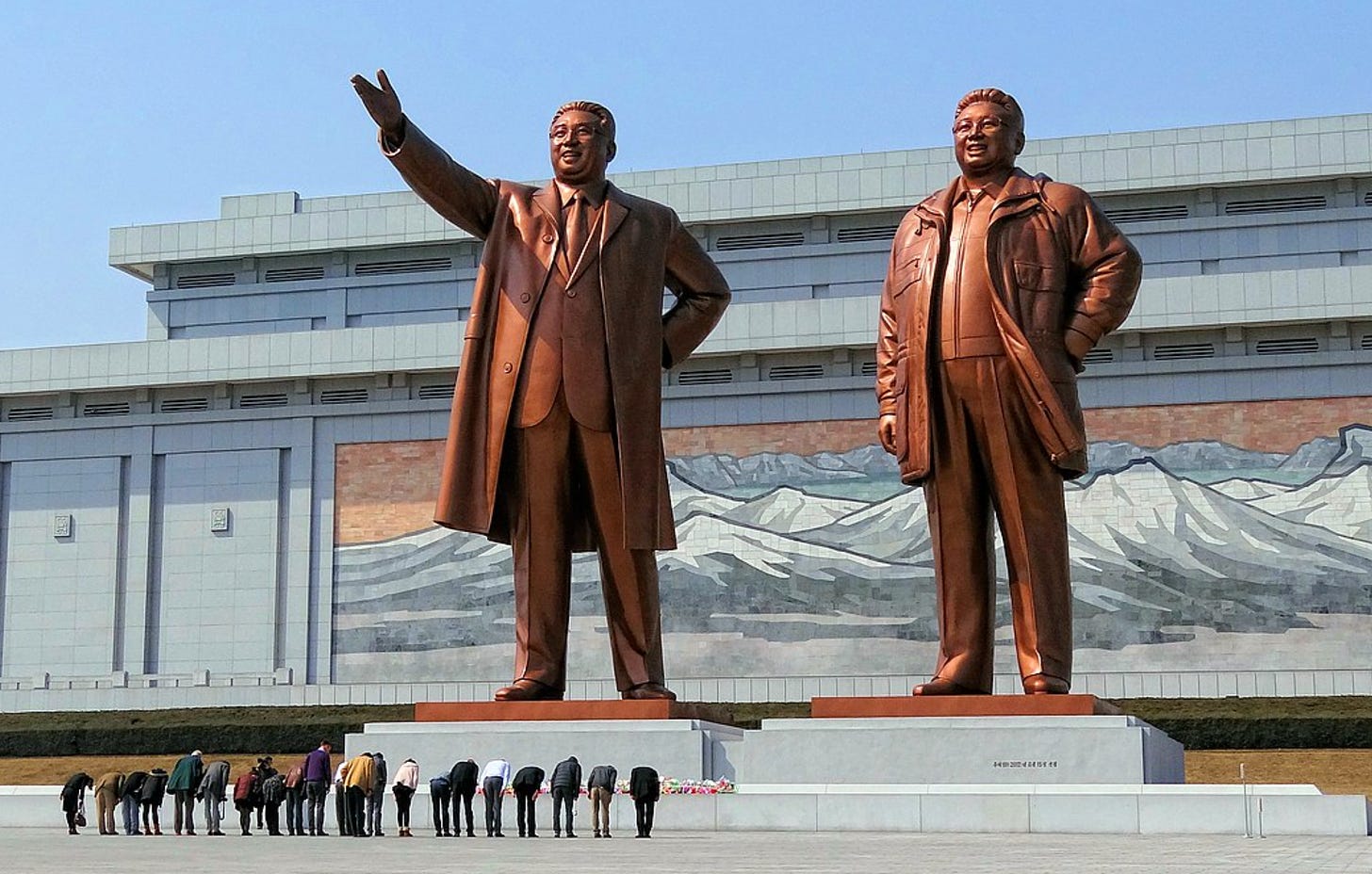The Peasant Theory of Communist Brutality
Manage episode 445590980 series 3549275
Andrei Lankov is a Russian-born scholar of Korea, the director of the Korea Risk Group, and a professor at Kookmin University in Seoul. I had been familiar with his work for years, but only recently read his 2013 book The Real North Korea: Life and Politics in a Failed Stalinist Utopia after coming across this review.
I invited Andrei on the podcast to talk about the book, the history of North Korea, and developments since it was published. He begins by reflecting on his time studying in Pyongyang in mid 1980s, and how the experience of being a foreigner in that country has changed over the decades. Even before he studied there, North Korea was known for its ridiculous propaganda and seen as a basket case among the communist states. We discuss the fundamental message of his book, which is that as dysfunctional as the regime looks from the outside, its behavior is rational when considered from the perspective of survival. Andrei was once among a minority of specialists who believed North Korea would never give up its nuclear weapons, a view that has since become mainstream.
We also cover the North Korean negotiations with Trump and the extent to which Korean specialists influence policy. I ask Andrei why North Korea took such a unique path, and he puts forward what I call his Peasant Theory of Communist Brutality. According to this view, when communists took over peasant societies, the regimes turned out to be particularly repressive, while when they came to power in advanced states they were less so.
This was not due to individual variation among leaders in peasant societies, but rather to the masses and party functionaries from below demanding harsher measures and a more authoritarian system. I’m skeptical, and ask how this theory fits with what we know about Stalinism and the early decades of the Soviet Union. I don’t know if I’m convinced by Andrei’s theory, but it is fascinating, and the discussion we have centered around it ends up addressing some deep issues regarding historical causation. In recent years, observing American politics up close, I’ve seen more and more cases of political leaders being pushed from below — something I’ve attributed to new communications technology including social media — and I wonder about the degree to which this has been true in other times and places.
Links
Andrei Lankov, The Real North Korea: Life and Politics in a Failed Stalinist Utopia
Andrei Lankov, “North Korea under Kim Jong-Un: Reforms without Openness?”
Andrei Lankov, “North Korea’s Economic Reforms Were a Wild Success. Just Ask Defectors.”
19 قسمت





